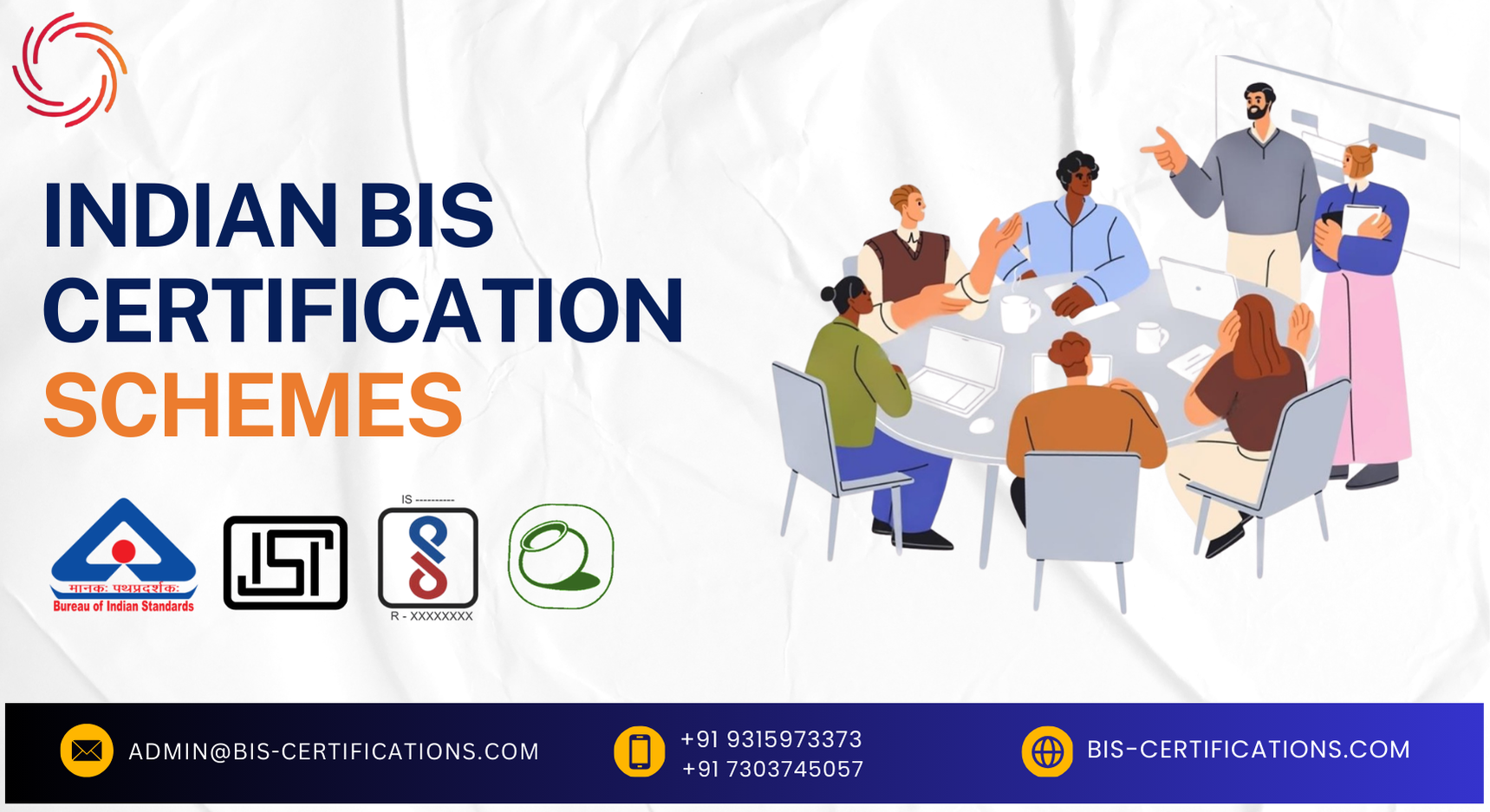
Navigating BIS FMCS: Key Requirements for International Manufacturers
November 27, 2025
Expanding into the Indian market has become a major priority for global manufacturers across multiple industries. India’s rapidly growing consumer base offers tremendous opportunities for business growth, but before products can enter the country, manufacturers must meet strict quality and safety regulations. One of the most important compliance systems for international suppliers is BIS FMCS, also known as the Foreign Manufacturers Certification Scheme.
This certification ensures that products made outside India adhere to the same Indian Standards required for domestically produced goods. For companies planning to export regulated products to India, securing BIS Certification for Foreign Manufacturers is not just beneficial—it is mandatory.
Below is a complete guide to help international manufacturers understand BIS FMCS, its importance, and the essential requirements involved in the certification process.
What is BIS FMCS and Why Is It Important?
BIS FMCS is a scheme launched by the Bureau of Indian Standards (BIS) to evaluate and certify products manufactured outside India. It ensures that foreign-made products comply with the relevant Indian Standards (IS), guaranteeing safety, reliability, and quality for Indian consumers.
This scheme covers various product categories, such as:
Electrical appliances
Steel and metal products
Machinery and tools
Automotive parts
Chemicals and cement
Household consumer goods
Once certified, manufacturers are allowed to use the ISI Mark, which is recognized across India as a symbol of trust and quality.
Why BIS Certification for Foreign Manufacturers Is Mandatory
For several regulated products, BIS Certification for Foreign Manufacturers is a legal requirement. Without it, products cannot be imported, sold, or distributed in India. Failure to comply can lead to shipment rejection, penalties, or product bans.
Beyond regulation, BIS certification provides multiple benefits:
1. Market Acceptance
Products with BIS Certification for Foreign Manufacturers are readily accepted by Indian distributors and retailers.
2. Consumer Trust
The ISI Mark improves customer confidence, making the product more competitive in the market.
3. Regulatory Safety
Certification ensures the product meets India’s strict safety and performance standards.
4. Competitive Advantage
Foreign brands with approved BIS FMCS licensing gain a strong edge over uncertified competitors.
Key Requirements to Obtain BIS FMCS Certification
To successfully obtain BIS FMCS approval, manufacturers must follow several critical steps. These steps ensure that the product and its manufacturing facility meet BIS expectations.
1. Complete Documentation Submission
Foreign manufacturers must submit a detailed application supported by:
Factory layout and production details
Quality control procedures
Manufacturing process flow
Product specifications
Testing equipment details
Legal authorization documents
Accurate documentation is essential for approval under BIS FMCS.
2. Product Testing as per Indian Standards
Products must undergo testing based on the relevant Indian Standard (IS). This is done through:
BIS-recognized laboratories, or
BIS-approved labs under international recognition
Only products that fully comply with IS requirements qualify for BIS Certification for Foreign Manufacturers.
3. Factory Inspection by BIS Officials
BIS sends an inspection team to the foreign manufacturing plant. During this visit, they examine:
Production lines
In-house testing facilities
Quality management systems
Calibration and measurement tools
Raw material and storage conditions
A successful inspection is a core requirement for obtaining an ISI Mark License under BIS FMCS.
4. Compliance with Indian Standards
The manufacturer must ensure that:
The product meets all technical specifications
Quality control processes are consistently followed
Manufacturing remains stable and repeatable
Any non-compliance must be corrected before BIS approval.
5. Payment of Applicable Fees
Applicants must pay all required fees, including:
Application fees
Testing charges
Inspection fees
Annual marking fees
License renewal fees
These charges vary according to the product category and production scale.
6. Grant of BIS FMCS License
After successful review, the manufacturer is granted a BIS license. This allows them to:
Use the ISI Mark
Export certified products to India
Legally sell and distribute goods within the country
This step officially completes the BIS Certification for Foreign Manufacturers process.
7. Ongoing Compliance and Surveillance
Even after certification is granted, BIS ensures continuous monitoring through:
Market sampling
Periodic factory inspections
Submission of routine test reports
Maintaining compliance ensures that the manufacturer can continue using the ISI Mark under BIS FMCS.
How BIS FMCS Benefits International Manufacturers
Achieving BIS Certification for Foreign Manufacturers provides several competitive advantages:
Improved brand value in the Indian market
Better distributor and retailer confidence
Faster customs clearance
Reduced legal risks
Long-term access to one of the world’s largest consumer markets
With increasing regulatory focus, BIS FMCS certification is becoming essential for foreign companies aiming to build a trustworthy presence in India.
Conclusion
Navigating BIS FMCS may seem complex, but with proper planning and knowledge of requirements, the certification process becomes smooth and achievable. International manufacturers who comply with Indian Standards and obtain BIS Certification for Foreign Manufacturers not only meet regulatory requirements but also gain long-term market credibility.
For a detailed process guide, you may refer to:
https://bis-certifications.com/a-guide-to-bis-certification-for-foreign-manufacturers-indian-bis















